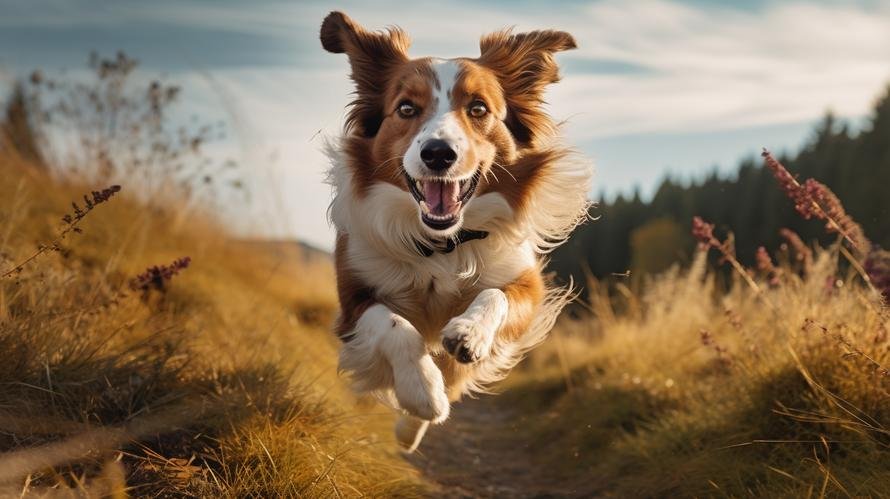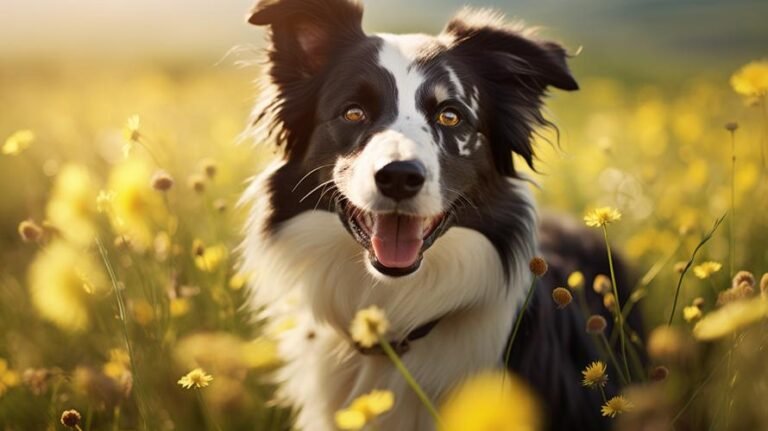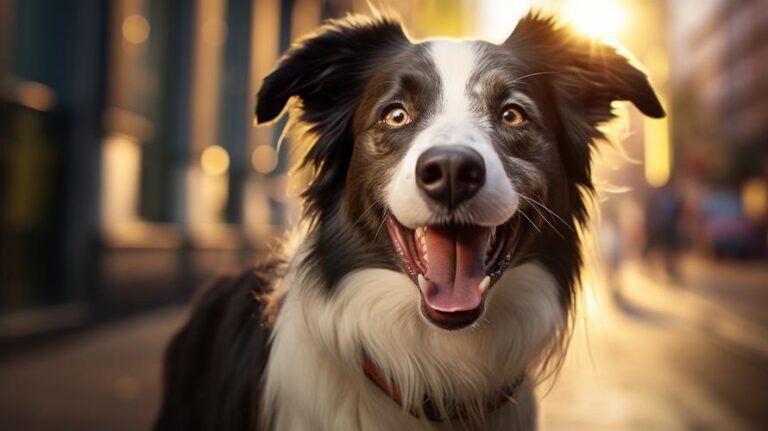Did you know that Collies are one of the smartest breeds of dogs? That’s right! These intelligent, friendly, and high-energy dogs have been delighting families for years. With their iconic long snout, fluffy coat, and friendly eyes, Collies sure do know how to win hearts. However, besides being lovable and beautiful, they also have unique dietary needs that might surprise you!
Collies descend from a line of dogs bred to herd and protect livestock. For centuries, tough, active work was a central part of their pedigree. Just like their strong and active ancestors, modern Collies need a balanced and nutritious diet that supports their health and happiness. This brings us to a fascinating question – should a Collie eat grain-free food?
Up until a few years ago, grain-free diets were all the rage in the world of pet nutrition. Owners moving away from traditional kibble were opting for grain-free food thinking they were doing the best for their furry companions’ health. But recent studies have turned these beliefs upside down, leaving faithful pet owners like you and I confused and asking, “What totally is the best diet for my pooch?”. Today, let’s delve deep into the world of doggy diets and figure out if grain-free is indeed beneficial for Collies.
The Grain-Free Debate
The first thing we have to understand is why pet owners started choosing grain-free diets in the first place. One driving reason was a belief that grains led to allergic reactions and other health problems in dogs. Many people believed that dogs, being descendants of carnivorous wolves, weren’t supposed to consume grains.
However, according to the American Kennel Club (AKC), grain allergies are extremely rare in dogs. The vast majority of food allergies among dogs are actually caused by specific types of animal proteins, like beef or chicken, not grains.
Another popular belief was that grains were just filler items in food, possessing no nutritional benefits. Contrary to this belief, grains in dog food can be an excellent source of dietary fiber, which promotes digestive health, as well as important vitamins and minerals.
Is Grain-Free Dangerous for Collies?
This brings us to a critical part of the debate – a little known genetic mutation that’s common in Collies. This mutation affects how Collies process a certain drug class, causing them to become overly sensitive to medications like Ivermectin, which is used for treating parasites. While this drug sensitivity is well known, a recent study suggests grain-free diets high in legumes might increase Ivermectin levels in a dog’s system — which could potentially be dangerous for Collies.
Moreover, in July 2018, the Food and Drug Administration (FDA) announced they are investigating a potential link between grain-free diets and an increased risk of heart disease (specifically dilated cardiomyopathy, or DCM) in dogs. The investigation is ongoing, but the apparent correlation between grain-free diets and DCM has led many vets to advise against grain-free diets unless a dog has a specific allergy to grains.
Before you pull all your hair out in distress, remember that every dog is an individual. While general guidelines are useful, nothing substitutes a personalized, tailor-made diet for your pooch considering its age, health, activity level, and nutritional needs.
How Do I Choose the Right Diet for My Collie?
Collies are known for their intelligence, agility, and lovable personalities. They need a well-balanced diet full of quality protein sources, fiber, and essential minerals and vitamins to thrive. Here are a few tips to help you choose the right diet for your Collie:
1. Consult Your Vet: Before making any drastic changes to your dog’s diet, always consult your vet. They know your pet’s health history, making their advice invaluable.
2. Look for Good Quality Protein: Collies are energetic dogs and require high-quality proteins in their diet to maintain their muscle mass and healthy coat. This should be listed first in the ingredients.
3. Don’t Be Afraid of Grains: Grains are not the enemy, unless your Collie has been diagnosed with a grain allergy. Whole grains are a great source of fiber and can help with your Collie’s digestive health.
4. Monitor Weight and Activity Level: Keep an eye on your Collie’s weight and adjust food intake accordingly. Overfeeding can lead to obesity-related health issues.
5. Hydrate: Make sure your Collie always has access to fresh, clean water. Hydration is vital, especially in active breeds like Collies.
In the end, the best diet for your Collie is one that keeps them happy, healthy, and full of energy. With the grain-free debate, remember that while it’s crucial to know what you’re feeding your pup, it’s also important to remember that a diet that works wonders for one dog might not work for another. Just like us, each pooch is unique.
Remember, there’s no one-size-fits-all solution in pet nutrition. The key to a happy and healthy pup is a balanced diet, regular exercise, lots of love, and vet consultations. So go ahead, give your furry friend a tummy rub, and rest assured knowing you are on the right path to fulfilling its dietary needs!
Oh, and one last thing – a well-fed Collie is a happy Collie. So here’s to many years of happiness with your four-legged friend!



